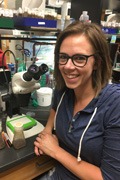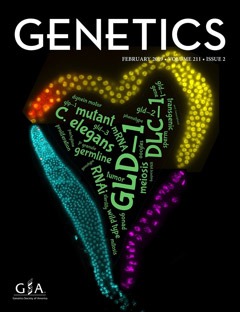Exploring gene function across humans and model organisms
This series of seminars introduces opportunities for exploring gene function across humans and model organisms and provides tips and tutorials to help explore useful websites and databases. These events will be useful to investigators at all career stages and across different model organisms, as well as for human biologists. We hope this will add a new dimension to research, reveal unanticipated phenotypes, speed up discovery, allow new funding opportunities, and lead to the discovery of new fundamental aspects of biology. Read more about the series and GSA’s efforts to connect researchers in 2021 GSA President Hugo Bellen’s blog post: Advancing both basic science and medicine by studying human disease genes in model organisms
Past Workshops
November 1, 2021: Unraveling the links between hereditary and viral microcephaly
Priya Shah, University of California, Davis
Nichole Link, University of Utah
October 4, 2021: Monarch Initiative: Cross-species phenotype comparison for disease diagnosis and discovery
Melissa A. Haendel, University of Colorado Anschutz Medical Campus
September 20, 2021: Mining model organism data in the Alliance of Genome Resources Portal
Monte Westerfield, University of Oregon
Paul Sternberg, Caltech
August 23, 2021: “MARRVEL: Mining genetic and genomic data across model organisms and human”
Shinya Yamamoto, Baylor College of Medicine, Jan and Dan Duncan Neurological Research Institute
Zhandong Liu, Baylor College of Medicine, Jan and Dan Duncan Neurological Research Institute
July 26, 2021: “Matching interests across research teams: GeneMatcher and ModelMatcher”
Nara Sobreira, Johns Hopkins School of Medicine
Michael F. Wangler, Baylor College of Medicine, Texas Children’s Genetics Clinic, Jan and Dan Duncan Neurological Research Institute
June 28, 2021: “Tackling human gene function in model organisms”
Hugo Bellen, Baylor College of Medicine, Howard Hughes Medical Institute, Jan and Dan Duncan Neurological Research Institute



